Why Are Masters Fans Called Patrons?
Fans attending the Augusta National Major are referred to as “patrons” – but who came up with the name, and why?
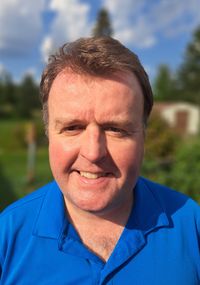
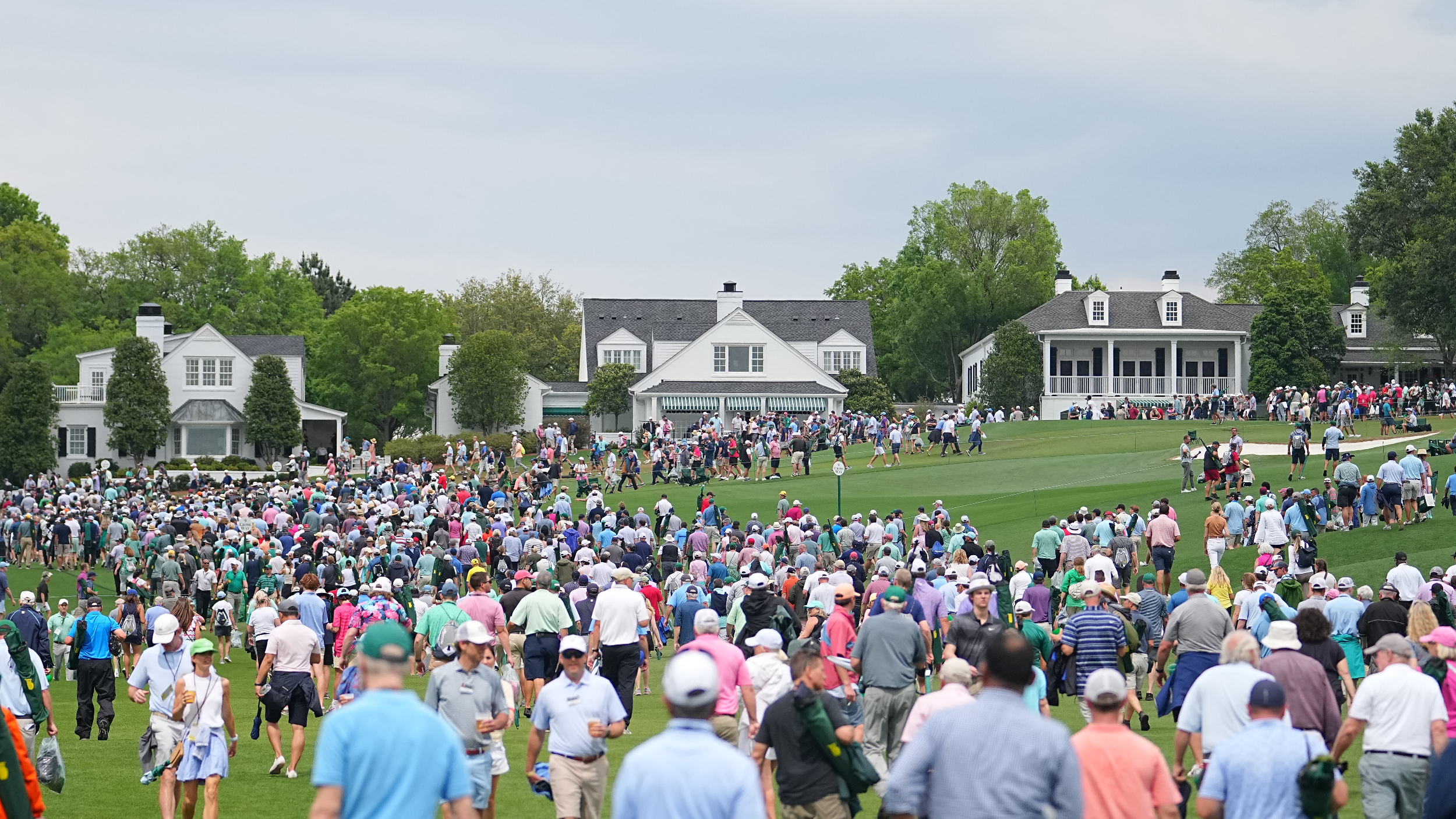
Subscribe to the Golf Monthly newsletter to stay up to date with all the latest tour news, equipment news, reviews, head-to-heads and buyer’s guides from our team of experienced experts.
You are now subscribed
Your newsletter sign-up was successful
Want to add more newsletters?

Delivered daily
Daily Newsletter
Sign up for all the latest tour news, gear reviews, head-to-heads and buyer’s guides plus features, tips from our top 50 coaches and rules advice from our expert team.

Once a week
Kick Point
Sign up to our free Kick Point newsletter, filled with the latest gear reviews and expert advice as well as the best deals we spot each week.

Once a week
Women's Golf Edit
Sign up to our free newsletter, filled with news, features, tips and best buys surrounding the world of women’s golf. If you’re a female golfer, you won’t want to miss out!
Some of the elements that set The Masters apart from any other tournament are its many traditions and quirks, including the honorary starters who begin the event and the requirement for caddies to wear boiler suits.
However, it’s not just those directly involved in the action that are at the mercy of the unique qualities of the Major and its home, Augusta National.
Those fortunate enough to attend The Masters will find things just a little different to any other occasion. For example, at what other world-famous sporting event could you set up a folding chair, then wander off for several hours safe in the knowledge it will be exactly where you left it when you get back?
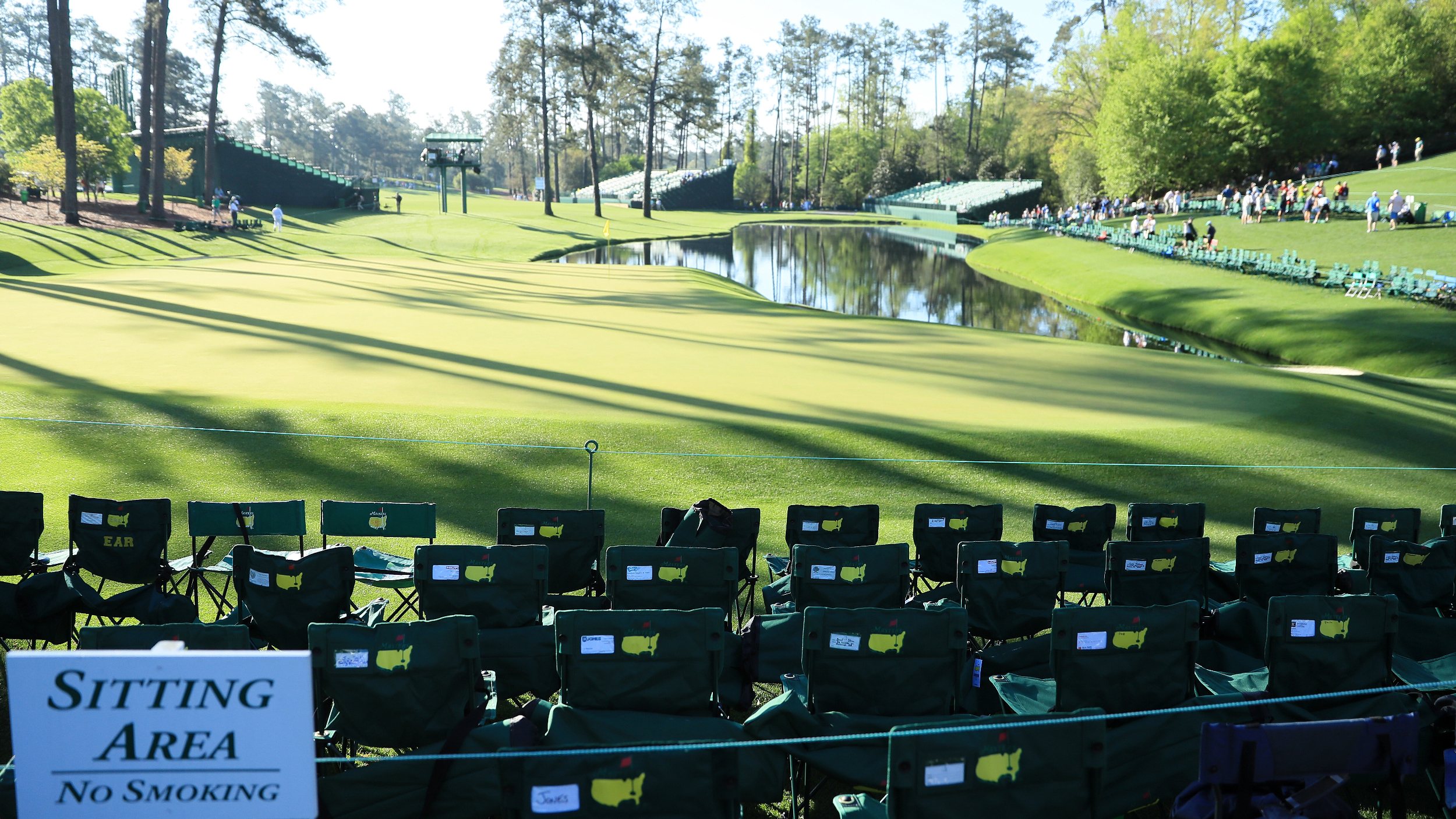
Patrons can leave seats unattended at Augusta National
The list of things you can’t do is long, too, so there’ll be no cell phones, no running and no wearing of caps backwards, either – among several other responsibilities.
Overall, anyone fortunate enough to find themselves at the other side of the gates of Augusta National will surely know instinctively that this is somewhere quite unlike anywhere else.
And if you don’t, well, call yourself a fan? Actually, you can’t really do that either. That’s because, unlike anywhere else, fans attending the event are referred to as “patrons.” But why is that, and how did it come about?
Given the huge emphasis on tradition at the venue, it will come as no surprise that the label originates from the co-founder of Augusta National Golf Club, Clifford Roberts.
Subscribe to the Golf Monthly newsletter to stay up to date with all the latest tour news, equipment news, reviews, head-to-heads and buyer’s guides from our team of experienced experts.
Right from the Major’s inception, in 1934, Roberts wanted the event to be a more distinguished experience for fans, who he saw as far more than simply people who pay their money, watch the day’s play and leave. Instead, he considered them an integral part of the tournament’s essence.
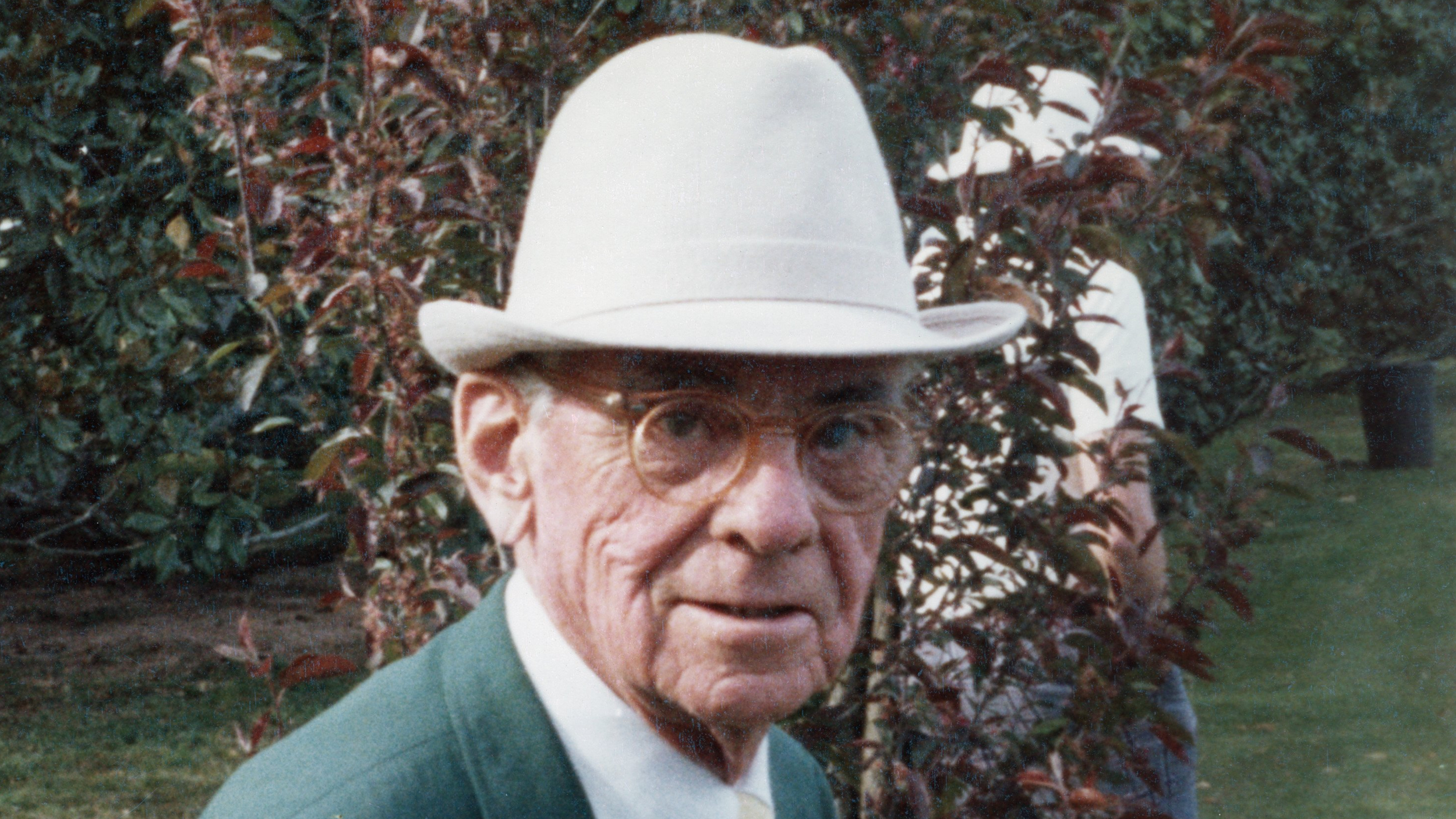
Clifford Roberts came up with the word "patrons" for the fans
And so he bestowed the word “patrons” on those attending, and quite simply, it has stuck, with everyone from golf lovers to media outlets routinely referring to spectators as “patrons” at The Masters, despite it being no more than the preference of Augusta National Golf Club rather than a stipulation.
Along with Augusta National’s strict rules for patrons to adhere to (there’ll be no sunbathing, sitting on the grass, overtly branded goods, coolers, selfie sticks, flags, banners, signs or shoes with metal spikes, either) it’s hard to disagree that Roberts’ decision to elevate fans to patrons has helped maintain impeccable standards at the event over the years.
As a result, for patrons attending the tournament (ensuring their badge is fully on display at all times, of course), it is almost guaranteed to provide an experience unlike any other they’ve ever had – just as Roberts intended all those years ago.
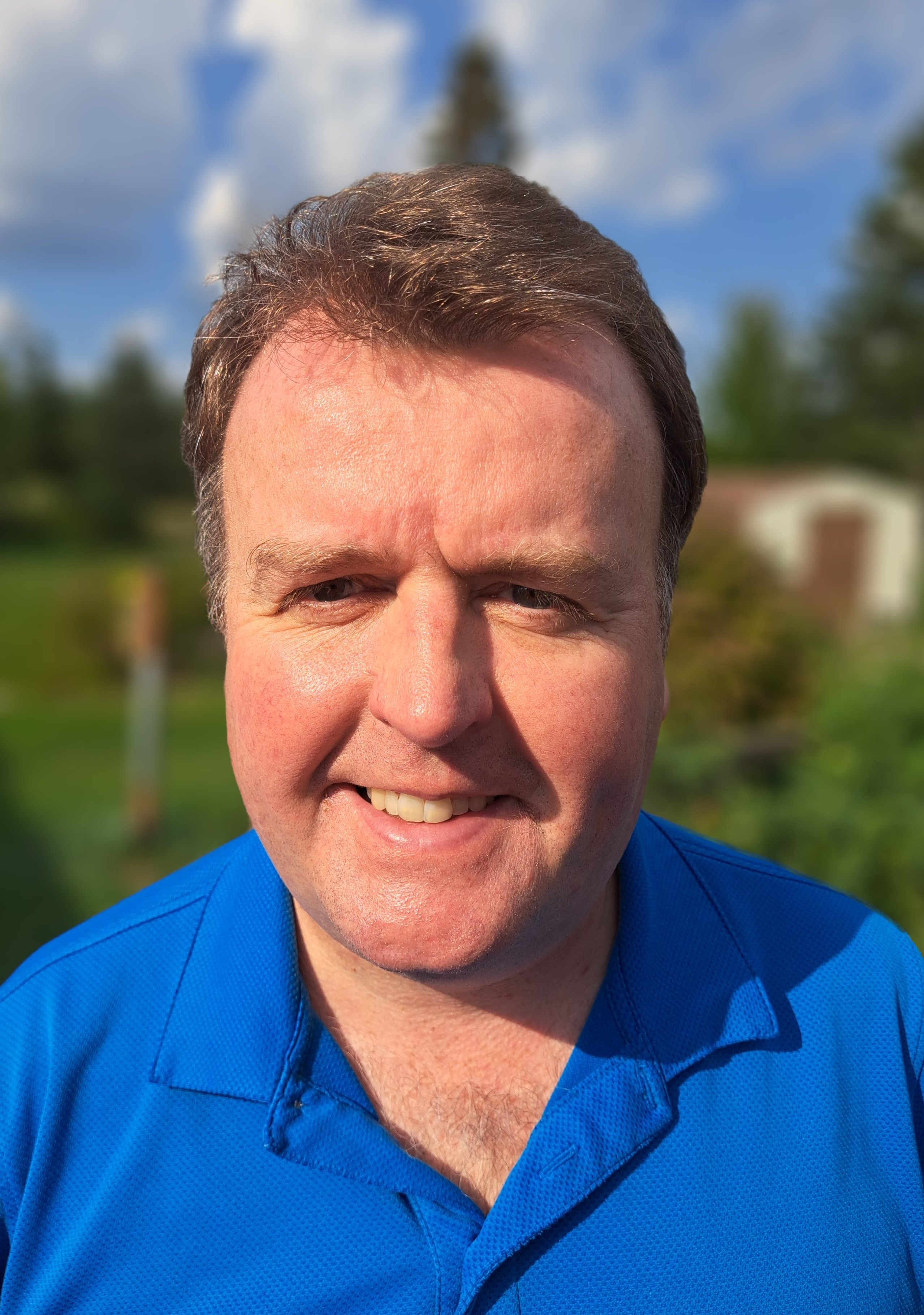
Mike has over 25 years of experience in journalism, including writing on a range of sports throughout that time, such as golf, football and cricket. Now a freelance staff writer for Golf Monthly, he is dedicated to covering the game's most newsworthy stories.
He has written hundreds of articles on the game, from features offering insights into how members of the public can play some of the world's most revered courses, to breaking news stories affecting everything from the PGA Tour and LIV Golf to developmental Tours and the amateur game.
Mike grew up in East Yorkshire and began his career in journalism in 1997. He then moved to London in 2003 as his career flourished, and nowadays resides in New Brunswick, Canada, where he and his wife raise their young family less than a mile from his local course.
Kevin Cook’s acclaimed 2007 biography, Tommy’s Honour, about golf’s founding father and son, remains one of his all-time favourite sports books.